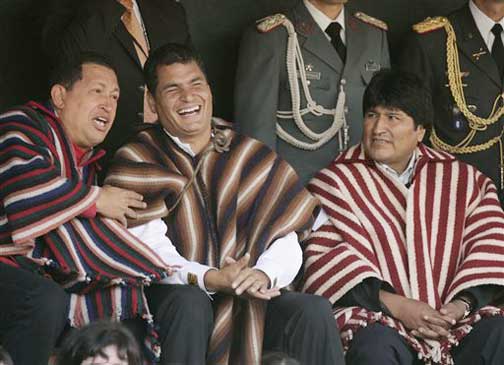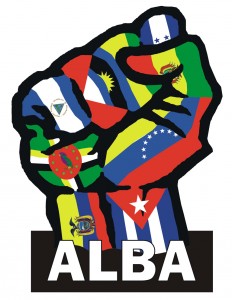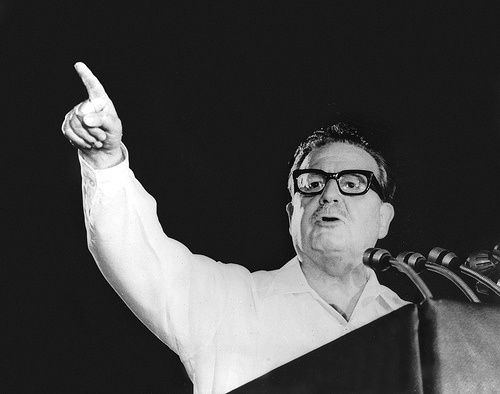Argentina
Latin America’s progressive governments: origins, nature and challenges

By Pablo Stefanoni, introduction by Richard Fidler
Argentina: Kidnapping and forced prostitution verdict causes uproar

The case of Marita Veron would never have reached the courts except for the extraordinary courage, strength and persistence of Marita’s mother, Susana
'The Greek people are at the epicentre of the capitalism crisis'
Speech given by Eric Toussaint at the SYRIZA youth festival in Athens on O
Land grabbing: A new colonialism

A nascent oil palm plantation in southeastern Sierra Leone owed by Socfin Agriculture Company, which in March 2011 signed a 50-year lease with the government of Serra Leone. Photo by Felicity Thompson/IRIN.
By Alan Broughton
November 6, 2012 – Links International Journal of Socialist Renewal -- Since the global financial crisis of 2008 and its associated food crisis that sent another 200 million people into malnutrition, there has been a massive grab for land by large corporations around the world. Worst hit has been Africa, where food security is already non-existent for many people. Governments, including the Australian government, welcome this “investment” in agriculture, some bizarrely claiming that food security will be increased.
`Foro Social Latinamericano', Green Left Weekly's Spanish-language supplement, May 2012 issue
The tide of rebellion and revolution now sweeping Latin America is posing a serious challenge to imperialism’s brutal global rule. For anyone who wants an end to war, exploitation and oppression, Latin America’s struggles to create alternatives are crucially important.
Australia's leading socialist newspaper Green Left Weekly is strongly committed to supporting the growing “people’s power” movement in Latin America. Through our weekly articles on developments in the region, GLW strives to counter the corporate media’s many lies about Latin America’s revolutions, and to give a voice in English to the people’s movements for change.
The continent-wide rebellion is weakening imperialism’s power. As a result, it is taking increasingly threatening steps to push back the power of the people. Our solidarity, to help the people of Latin America defend and extend their tremendous achievements, is vital.
Latin America’s new left in power: the governments of Hugo Chavez, Evo Morales and Rafael Correa

Presidents Hugo Chávez (Venezuela), Rafael Correa (Ecuador) and Evo Morales (Bolivia).
Claudio Katz.
Claudio Katz interviewed by Fernando Arellano Ortiz. Translated by John Mage for IIRE.
July 10, 2009 -- The exit from the systemic crisis of capitalism needs to be political and "a socialist project can mature in this turbulence". So says the Argentine economist, philosopher and sociologist Claudio Katz, who also warns that the "global economic situation is very serious and is going to have to hit bottom, and now we are but in the first moment of crisis".

[This is the eleventh in a series of regular articles. Click HERE for other articles in the series. Please return to Links regularly read the next articles in the series.]
By Marta Harnecker, translated by Federico Fuentes for Links International Journal of Socialist Renewal
1. I have previously argued the case for the need to create a large social bloc against neoliberalism that can unite all those affected by the system. To achieve this, it is fundamental that we create spaces that allow for the convergence of specific anti-neoliberal struggles where, safeguarding the specific characteristics of each political or social actor, common tasks can be taken up that aid in strengthening the struggle.



